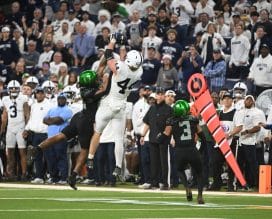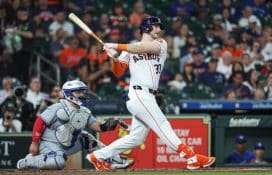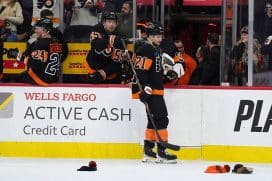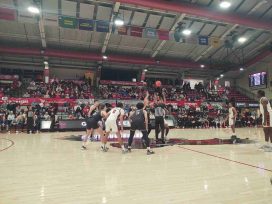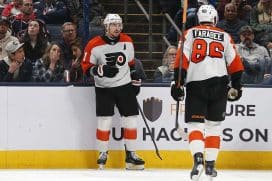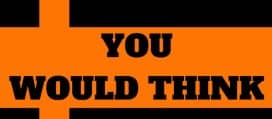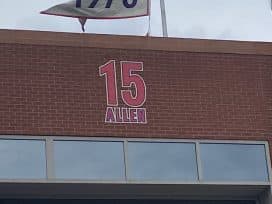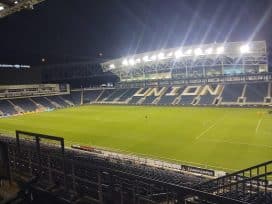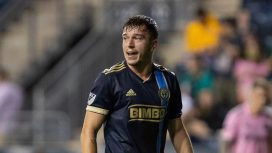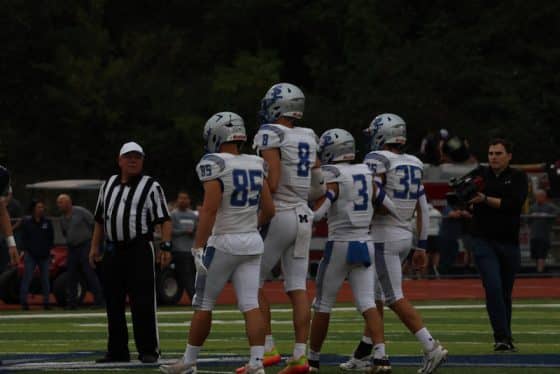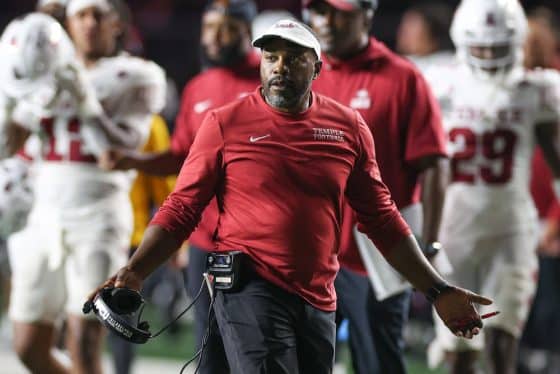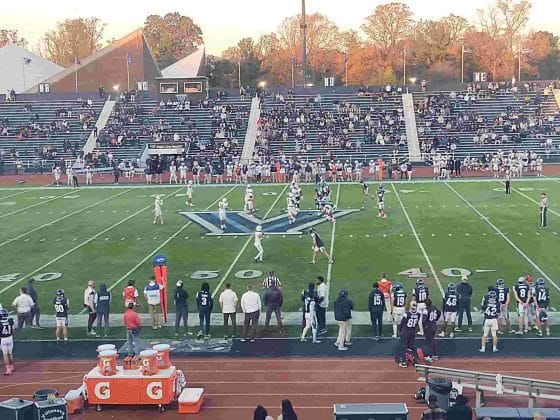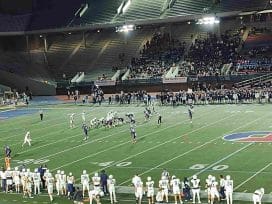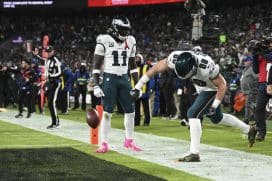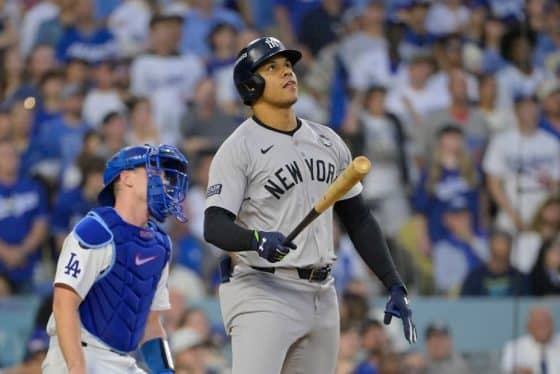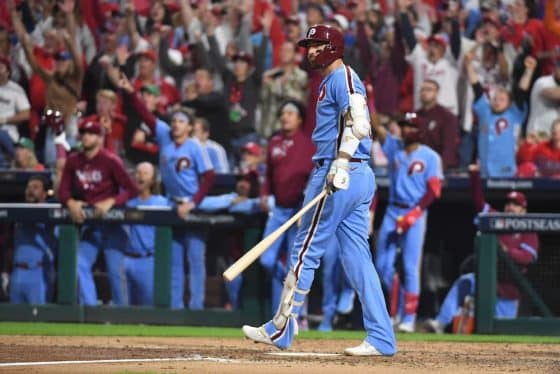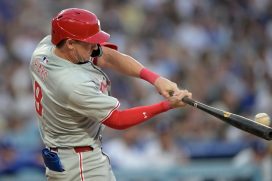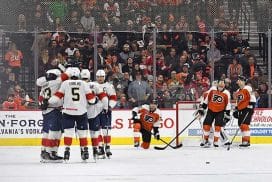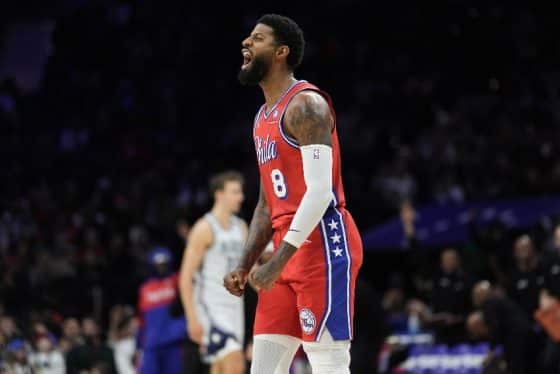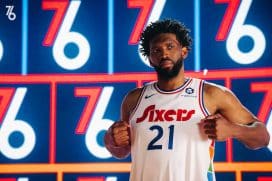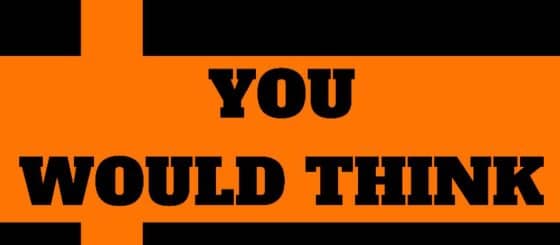Uncategorized
Ben Simmons Must Go
Not with a bang, but with a whimper. Ben Simmons’ non-dunk heard-around-the-world finished a promising but ultimately unsatisfying season for the Philadelphia 76ers. With under four minutes left to play in a tightly contested game seven, the Sixers guard inexplicably chose to pass the ball rather than convert an easy dunk. Simmons’ head-scratching decision was one of many mistakes he made throughout an absolutely disastrous series for the guard that left fans wondering if Simmons’ days in Philadelphia are numbered.
Despite another strong effort from center Joel Embiid, the Sixers surrounding cast failed to mount a consistent offense. On a night when Atlanta’s wunderkind point guard Trae Young appeared uncharastically out-of-sync, the Sixers showed no sense of urgency and watched a late 4th quarter lead slip away.
After the game, Embiid alluded to Simmons’ non-dunk as the turning point in the game.
“I don’t know how to say it…but I thought the turning point was we had an open shot, we missed and we made one free throw.”
A visibly annoyed Embiid raised his hands after Simmons decided to flip the ball to Matisse Thybulle rather than make an uncontested dunk. For Simmons, the series marked a new low in his up and down career in Philadelphia. At times he was hesitant, indecisive, and seemed to lack the killer instinct needed in the NBA. Simmons, much-maligned by fans and sports talk radio, proved the naysayers correct last night by his late-game implosion. One is left to wonder if at this point a parting of the ways is best for both Simmons and the Sixers organization.
Not since former Eagles quarterback Carson Wentz have we witnessed an athlete in this city suffer from such a profound collapse of confidence. Like Wentz, Simmons seemed to live too much inside his head during the Atlanta series, second-guessing even the most obvious basketball moves. During crucial times the Sixers guard seemingly didn’t want the ball. This is the most unforgivable sin in a city like Philadelphia, where we applaud grit over style. Last night, Simmons had neither.
While Simmons’ play personified the Sixers playoff meltdown against the 5th seeded Hawks, he wasn’t the only one culpable for their post-season early exit. Sixers first-year head coach Doc Rivers appeared disengaged last night, remaining seated during an important time out late in the 4th quarter. The Sixers were consistently beaten with mismatches and Rivers never succeeded in lighting a spark for his team.
Too often, Atlanta was able to mount huge comebacks in this series. The Hawks rallied for a successful 20-point comeback in game 4 and a mind-numbing 24-point comeback in game 5. Doc Rivers must take the blame for failing to make proper 4th quarter adjustments and his inability to close out games.
But this series will be remembered for the inept play of Simmons. At times, Atlanta reverted to the “hack-a-Ben” approach, fouling the Sixer guard who boasts a notoriously low free-throw percentage. This approach proved successful, as Simmons seemed to wilt at the free-throw line.
Simmons backers draw attention to his defensive skills, and in truth, he is one of the best man-to-man defenders in the league. But can we continue to be satisfied with such a one-dimensional player? His free-throw percentage lingers at a CYO rec league level. His flat out refusal to take jump shots is surreal and makes him a liability on the court. And then during game seven, his inside game, arguably his biggest strength, disappeared in the final minutes.
One is left to ask: what can Ben Simmons actually do on the court?
A trade is necessary, but it’s difficult to imagine general managers clamoring for Simmons after last night’s disastrous performance. And yet, it’s also hard to imagine the Sixers making any future progress with him.
-Brian Francis Smith
